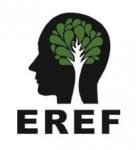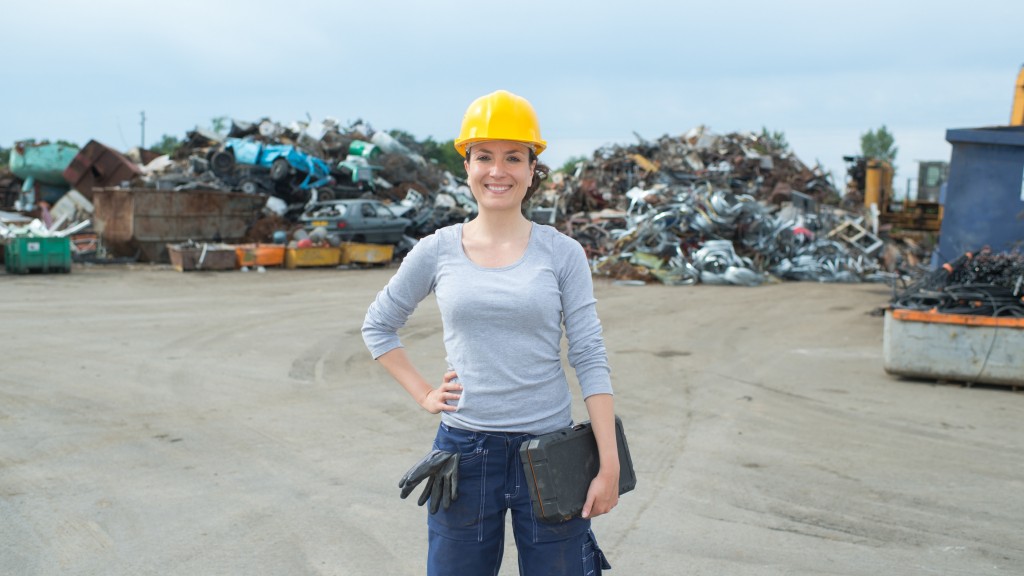
The Board of Directors of the Environmental Research & Education Foundation (EREF) are pleased to announce the awarding of 3 new research grants in 2016. Research conducted through these grants aligns with EREF’s mission to advance sustainable solid waste management practices.
The following projects were awarded funding in 2016:
Assessing Accuracy of Tracer Dilution Measurements of Methane Emissions from Landfills with Wind Modeling
Investigators: Paul Imhoff, University of Delaware and Fotini Chow, University of California, Berkley. Award Amount: $93,069
The solid waste industry, in collaboration with the U.S. EPA, have been evaluating the Tracer Dilution Method (TDM) over the last six years to measure methane emissions at landfills with different climates, in different operational stages, and with or without landfill gas collection systems. These data provide valuable insight into methane emissions and represent a significant financial investment. The TDM, however, has not yet been verified with known emissions from an actual landfill. Further, some uncertainty in TDM data still needs further evaluation, since data are typically collected during the day and require particular wind conditions. This work addresses these limitations by applying a land-atmosphere model to a southeastern US landfill where over 440 independent measurements were performed over three years. These measurements span seasonal variations at the site (making it the most well-sampled site for whole landfill emissions in the U.S.). The main objectives of this research are:
1. Develop a three dimensional land-atmosphere model for the southeastern U.S. landfill, validating the model with tracer gas data in the field
2. Use this new model to simulate methane emissions and estimate measurement error for prior daytime field measurement campaigns at this site
3. Use the model to estimate emissions at night and during periods when field measurements were not performed
4. From this modeling work assess the representativeness of methane emission data from limited measurements for calculating year-round methane emissions for any given landfill
Mineralogy Optimization for Metal and Chloride Immobilization in Co-Disposed Flue Gas Desulfurization Brines and Bituminous Coal Fly Ash
Investigator: Ching-Hua Huang, Georgia Institute of Technology. Award Amount: $195,917
The United States coal-fired power industry faces increasing demands to improve coal fly ash (CFA) and flue gas desulfurization (FGD) wastewater disposal practices. The zero liquid discharge (ZLD) options for FGD wastewater are attractive, but these residuals present new challenges for the solid waste industry due to significant concentrations of mobile heavy metals and chloride. A novel ZLD method has been developed that incorporates FGD brine, CFA, and a pozzolanic agent (i.e., material that possesses cementitious properties when mixed with water and calcium hydroxide). This project aims to optimize the immobilization of SeVI (selenium) and chloride in the co-disposed concentrated FGD brines and bituminous CFA by solidification/stabilization. Immobilizing these compounds will rely on chemical processes and the potential effects of temperature, pH, calcium oxide content, temperature and reactive aluminum oxide will be evaluated. The long- and short-term stability of the immobilized compounds will be tested using leaching tests under various conditions.
Developing Strategies to Recover and Treat Nutrients in the Landfill Leachate
Investigator: Ramesh Goel, University of Utah and Debra Reinhart, University of Central Florida. Award Amount: $141,704
The desire to recover useful resources, especially nutrients, from waste streams is continuously increasing. Leachate management is challenging and poses a tremendous burden on landfill managers. The practice of discharging concentrated leachate to municipal wastewater treatment plants (WWTPs) is not sustainable in terms of increasing the overall nitrogen and carbon loadings on these facilities. The need to treat anaerobic digester reject water is becoming very common in WWTPs. Combining leachate with the anaerobic digester reject water can alleviate the challenge of extra nitrogen and carbon loadings but also provide a unique opportunity to recover useful nutrients. This project focuses on the co-management of anaerobic digester centrate and leachate to recover nutrients and treat the residues. The objectives of this project include:
1. To determine the optimal conditions to recover nitrogen and phosphorus from the anaerobic digester centrate and landfill leachates using chemical precipitation in the form of struvite (solid that can be used as a fertilizer)
2. To characterize the recovered struvite to determine its fertilizer quality and check for the presence of other metals and hormones
3. To initiate and operate a two-stage treatment process to remove carbon from the residual liquid waste obtained after nutrient recovery
4. To conduct life cycle analysis (LCA) of the proposed nutrient recovery and treatment scheme
Pre-proposals are REQUIRED prior to submitting a full proposal. EREF invites investigators to submit pre-proposals pertaining to the topics outlined on the “How to Apply for a Grant” page on EREF’s website. The next pre-proposal deadline is June 1, 2017. For more information regarding EREF’s Research Grants Program, please visit www.erefdn.org or e-mail [email protected].
EREF is a 501(c)3 class charity that funds and directs scientific research and educational initiatives for waste management practices to benefit industry participants and the communities they serve. For more complete information on EREF funded research, its scholarship program and how to donate to this great cause, visit www.erefdn.org.



